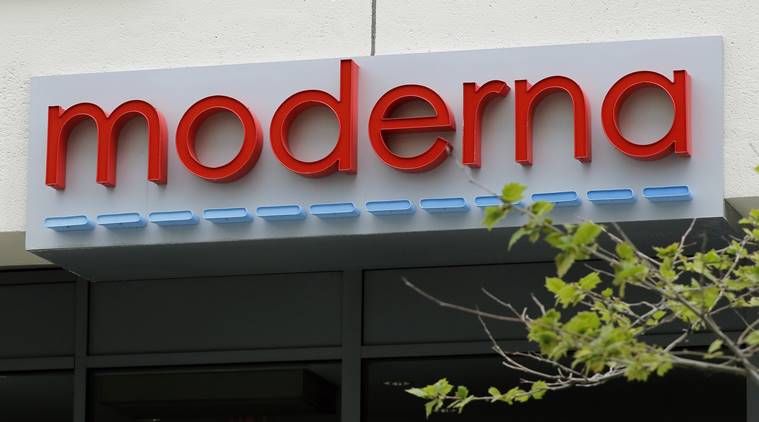The Moderna Covid19 Vaccine, which recently confirmed to have 94 per cent efficacy, causes the human immune system to produce effective antibodies that endure for at least three months, according to a study showed on Thursday.
The immune response of 34 adult participants, young and old, the ones from the first stage of a clinical trial, was studied by the researchers at the National Institute for Allergies and Infectious Diseases (NIAID).
Writing in the New England Journal of Medicine, they said that the antibodies, which stop the SARS-CoV-2 virus from invading human cells, “declined slightly over time, as expected, but they remained elevated in all participants 3 months after the booster vaccination.”
COVID-19 NEWS: In a letter published in @NEJM today, researchers from #NIAID and partners describe the long-term immunogenicity results from a phase 1 trial of the mRNA-1273 #COVID19 #vaccine: https://t.co/CKWoz07Npd
— NIAID News (@NIAIDNews) December 3, 2020
The vaccine, called mRNA-1273, is administered in two injections given in 28 days separately. The number of antibodies in the study subjects faded over time, it is not necessarily a cause for concern.
NIAID director Anthony Fauci and other experts have said it is possible that the immune system will remember the virus if re-exposed later on and then produce new antibodies.
The study showed that the vaccine activated a certain type of immune cell that should help out in the so-called memory response, but only longer term study will confirm if this will really be the case.
Virologist Benjamin Neuman, a virologist at Texas A&M University-Texarkana said, “Positives from the study include evidence that a relatively strong antibody response remains 90 days after the second dose of the vaccine.”
“The amount of vaccine-produced antibodies was higher in younger patients than in older patients, but reasonably strong immune responses were still seen even in patients up to 70 years of age.”
An advisory committee of the Food and Drug Administration (FDA) will review the Moderna vaccine on December17 and could be green lit for emergency approval soon after.
Like another vaccine produced by Pfizer and BioNTech, it is based on a new technology that uses genetic material in the form of mRNA (messenger ribonucleic acid).
The mRNA is enclosed in a lipid molecule and injected into the arm, where it causes cells inside our muscles to build a surface protein of the coronavirus. This tricks the immune system into believing it’s been infected with a microbe, and trains it to build the right kind of antibodies for when it encounters the real virus.











